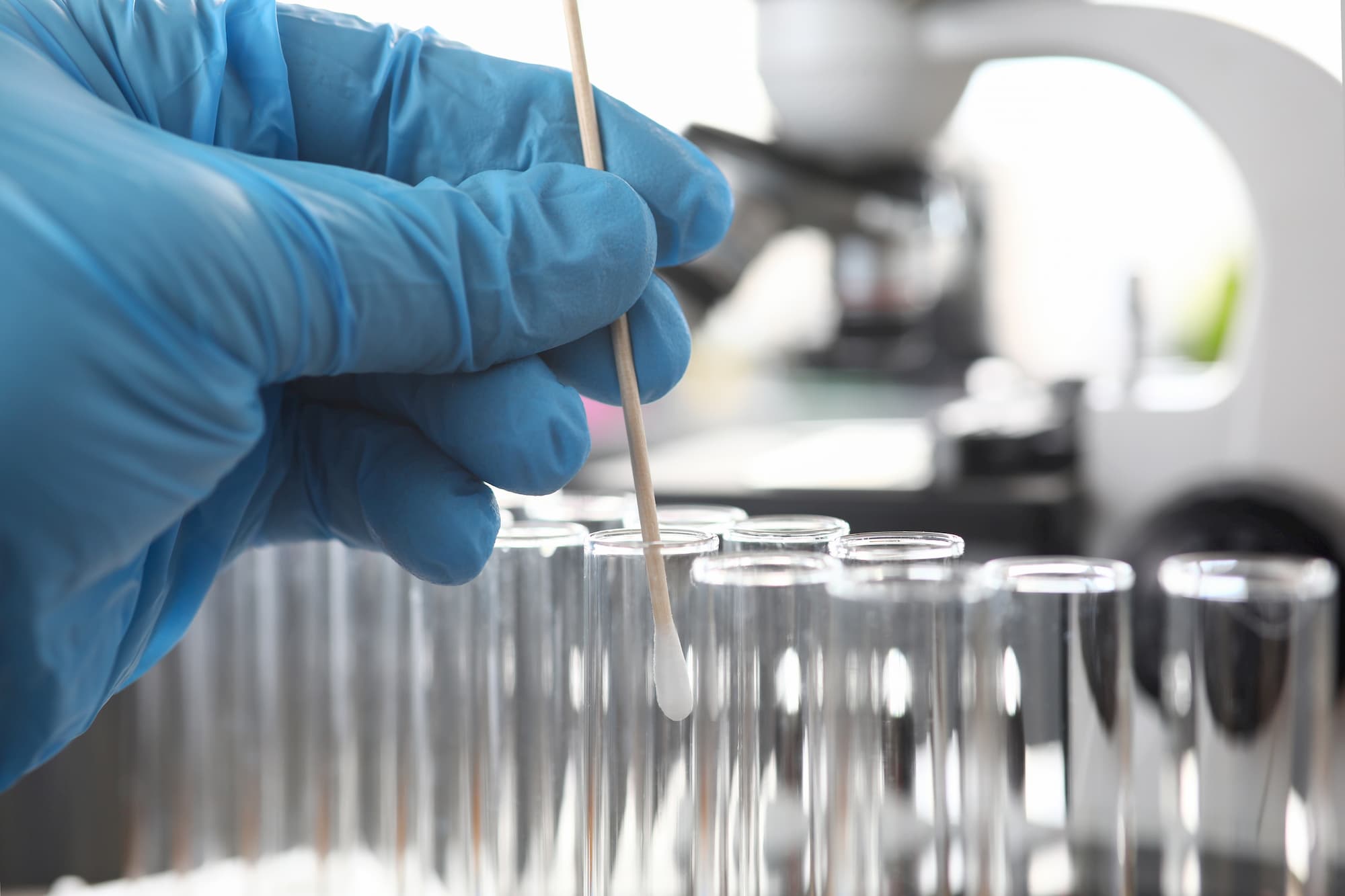
Clearing Up Confusion about Types of COVID-19 Testing
Since late April 2020, Orange County Health Services has been rotating locations throughout the County each week to offer free COVID-19 testing to all of its residents. In fact, a variety of testing options have become available nationwide, but given these options, how do you know which test is right for you?
Two kinds of tests are available for COVID-19: viral tests (diagnostic tests) and antibody tests.
- A viral test tells you if you have a current infection.
- An antibody test might tell you if you had a past infection.
DIAGNOSTIC TESTS
A diagnostic test can show if you have an active coronavirus infection and should take steps to quarantine or isolate yourself from others. Currently there are two types of diagnostic tests – molecular tests and antigen tests. Both of these tests are currently available for free at Orange County Health Services.
Molecular Tests
Molecular tests, such as RT-PCR tests, detect the virus’s genetic material. PCR tests are considered the most accurate and “gold standard” for diagnosing active coronavirus infection. This test is typically highly accurate and usually does not need to be repeated.
Most PCR tests use a nasopharyngeal swab, which goes deep into your nose to the back of your throat.
Other things to note:
- Results may take 2-3 days or up to a week (longer in some locations with many tests) to be returned.
- If you need to travel out of the country or for any other purpose, a molecular test may be required.
Antigen Tests
Antigen tests detect specific proteins from the virus. Most antigen tests use a nasal or nasopharyngeal swab. Results may be returned very quickly (15-30 minutes), depending on the test. Because of this, antigen tests are in high public demand.
Antigen tests are intended for use on symptomatic persons within the first 5-12 days of symptom onset.
Positive results are usually highly accurate, but false positives can happen. Negative results may need to be confirmed with a molecular test. Antigen tests are more likely to miss an active COVID-19 infection compared to molecular tests.
Other things to note:
- If your antigen test shows a negative result but you have symptoms of COVID-19 and/or have been at-risk for exposure to COVID-19, you should receive a PCR test to ensure accuracy.
- Prior to an outpatient procedure, hospitals may conduct a rapid test first and confirm that rapid test with a PCR test to ensure accuracy.
ANTIBODY TESTS (AKA Serology Test or Blood Test)
Antibody tests check your blood by looking for antibodies, which can tell you if you had a past infection with the virus that causes COVID-19, regardless of whether you ever showed symptoms. These tests generally produce results in a few minutes based on a drop of blood taken from the finger; some tests may take 1-3 days if blood is drawn for testing. Locally, OneBlood is testing all blood donations for the COVID-19 antibodies.
Antibody tests can provide quick results but should not be used to diagnose someone with an active infection. It can take days to several weeks to develop enough antibodies to be detected in a test.
Whether you test positive or negative for COVID-19 on a viral or an antibody test, you still should take steps to protect yourself and others.
We do not know how much protection (immunity) antibodies to the virus might provide against getting infected again, so you should continue to take steps to protect yourself and others.
Free Testing Resources
Both molecular (PCR) and rapid antigen tests are now being administered at the Orange County Government Health Services testing site. For more information on this free testing site and which test may be the best choice for you, visit ocfl.net/Testing and click on #1 on the testing map.
